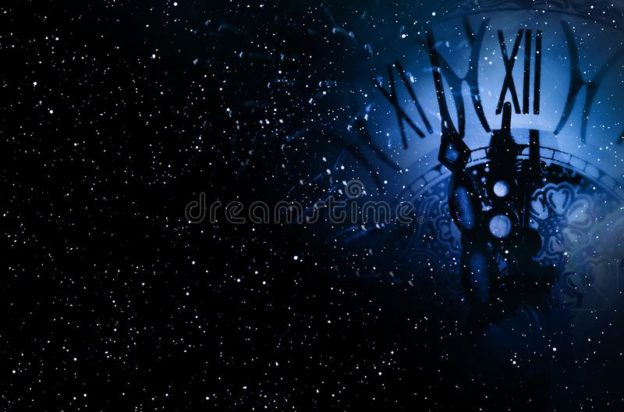Rosh Hashanah is the only holiday on the Jewish calendar occuring at the new moon, beginning on a night when the moon isn’t visible at all. That fact is hinted at in the posuk “Tik’u bachodesh shofar bakeseh liyom chageinu” (“Sound the shofar on the New Moon, at the appointed time for the day of our festival”) — Tehillim 81:4. The word bakeseh, “at the appointed time,” can be read to mean “covered.”
The moon is, famously, a symbol of Klal Yisrael. It receives its light from the sun, as we receive our enlightenment from Hashem; it wanes but waxes again, as we do throughout history; and it is the basis of our calendar.
Various ideas lie in the oddity of Rosh Hashanah being moonless. One that occurred to me has to do with that latter connection, that the moon is our marker of time, our clock, so to speak. When we repent of a sin, Chazal teach, the sin can be erased from our past — even, if our teshuvah is complete and sincere, turned into a merit!
And so, we are particularly able on Rosh Hashanah, the beginning of the ten days of teshuvah, to undermine time, to go back into the past and change it.
What better symbol of that power than to remove our “clock” from the sky?
Ksiva vachasima tovah!
